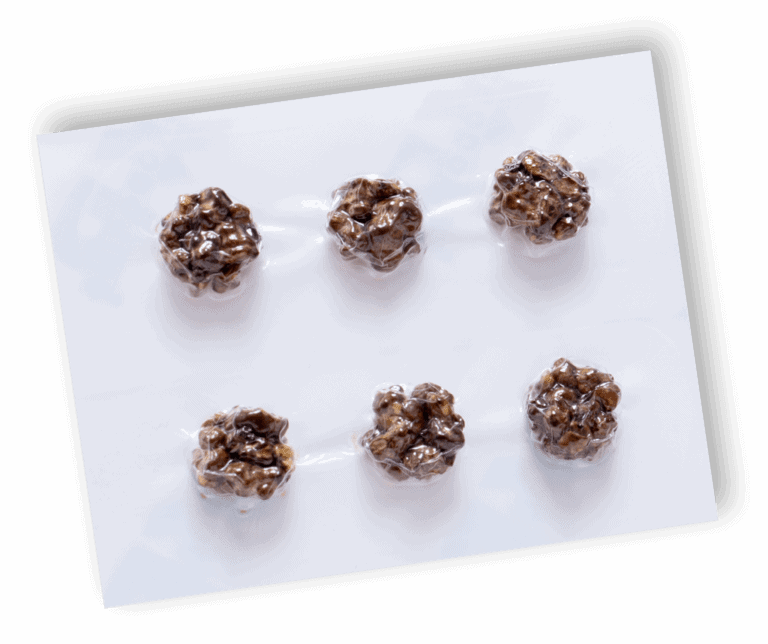

Astrodose
How Microdosing Psilocybin Can Fight The Decline of Memory
Can microdosing psilocybin improve memory?
A growing body of research suggests that they just might!
Yes indeed, this once demonized substance could actually be the key to both unlocking and maintaining memory into old age.
The fight against declining memory is a real one. From regular exercise, to omega-3 supplements, to getting enough shut-eye, there is a wealth of advice on how to stop the clock.
However, there are not so many options to turn it back. This is where microdosing come in. Although the research is still in relative infancy, it looks as though psilocybin may offer up an opportunity to combat memory decline in a way never seen by science before.
How Psychedelics Boost Your Memory & Fight Decline
Thus far, the therapeutic effects of psychedelics on mental health conditions, such as depression, anxiety, and PTSD have been the most extensively studied. However, there are a wealth of other applications for these substances that are slowly becoming more understood. From chronic pain to autism, to ADHD, it seems that psychedelics could play a helping hand in improving quality of life for a huge range of people. This includes those who struggle with memory.

Exploring The Mechanisms of Psychedelics: Neuroplasticity and Connectivity
We have always known that psychedelics can cause temporary changes in the brain. From visions of fractals at higher dose, to feelings of enormous well-being when microdosing, it is undoubtedly true that a lot goes on in your grey matter once you munch on a mushroom. But while we knew this, for a long time it was impossible to actually say how, or why this was the case. Luckily, recent research has been able to uncover the mechanisms behind psychedelics, revealing long-held mysteries— especially when it comes to how psychedelics may affect memory function.
So how does it work? Well, psychedelics such as psilocybin, LSD, and DMT interact primarily with serotonin receptors, most notably the 5-HT2A receptor. This interaction triggers a cascade of neural activity that enhances neuroplasticity. Neuroplasticity is the brain’s ability to form and restructure synaptic connections in response to experiences and learning — even when the brain has suffered injury. Amplified neuroplasticity has been linked to better cognitive functions, including memory recall and retention. This means that it is likely that microdosing psychedelics can improve memory.

The Default Mode Network
The Default Mode Network is a network of brain regions associated with self-referential thinking, introspection, and mind-wandering. The way in which psychedelics disrupt this network has been well documented, and it is thought that this is how they encourage new neural pathways and increase the connectivity between different brain regions. This could provide access to previously forgotten memories, or even facilitate new memory consolidation into long-term memories.
While this research is still limited, what we know about the mechanism of psychedelics implies that there is good reason to think that they could be a crucial tool in the fight against age-related memory conditions such as degenerative brain disease and Alzheimer’s disease.
How Psychedelics Could Combat Age-Related Cognitive Decline
A recent study published in Gerontology and Geriatric Medicine looked into how psilocybin (from magic mushrooms) could be used as a way to prevent cognitive decline due to aging. They found that there were various ways that psychedelics could be preventative against cognitive decline, including the treatment of depressive symptoms. It is well known that depression can lead to cognitive impairment and ultimately, dementia.
Additionally, the same research indicated that psychedelics could stimulate the production of Brain-Derived Neurotrophic Factor (BDNF), a protein that is vital for memory and synaptic health. The researchers surmise that this means we could potentially use psilocybin to protect an aging population against dementia, Alzheimer’s disease, and potentially even Parkinson’s disease.

Psychedelics and Alzheimer’s Disease
In 2021 a study, published in Current Topics in Behavioural Sciences, explored the multi-pronged way that psychedelics could be used to combat the various symptoms of degenerative brain disease.
The study found a promising overlap in the the benefits associated with psychedelic therapy, and the symptoms of Alzheimer’s. Psilocybin and LSD have remarkable anti-inflammatory capabilities, which have the potential to combat the brain inflammation associated with the disease. Additionally, due to the way psychedelics can enhance neuroplasticity in the brain, the frontal lobe and other brain areas that are damaged by Alzheimer’s may have the possibility to improve and grow under the administration of psychedelics.
The paper’s researchers, headed by Dr. Albert Garcia-Romeu, also flagged-up that autobiographical memory is altered during a psilocybin or LSD experience. This means that psychedelics could perhaps be used to improve memory recall and clarity. The researchers wrote:
“…acute changes in autobiographical memory during psychedelic effects have also been reported, suggesting LSD and psilocybin can facilitate recall and vividness of salient life memories, a potentially relevant mechanism for treatment of [Alzheimer’s disease].”

Microdosing Psilocybin and Memory: Key Takeaways
While further research is needed, it is clear that psychedelics can be beneficial for the memory health and cognitive strength of adults of any age. This is because:
- Psychedelics can help you to unlock old or repressed memories.
- Enhanced neuroplasticity caused by psychedelics could prevent cognitive decline linked to Alzheimer’s and other degenerative diseases.
- Depression is a key factor in cognitive decline, leading to dementia. Psychedelics have been shown to reduce depressive symptoms, meaning that they could combat this decline.
- Research indicates that psychedelics could stimulate the production of Brain-Derived Neurotrophic Factor (BDNF), a protein that is vital for memory and synaptic health. This means psychedelics could act as a safeguard against memory loss.










